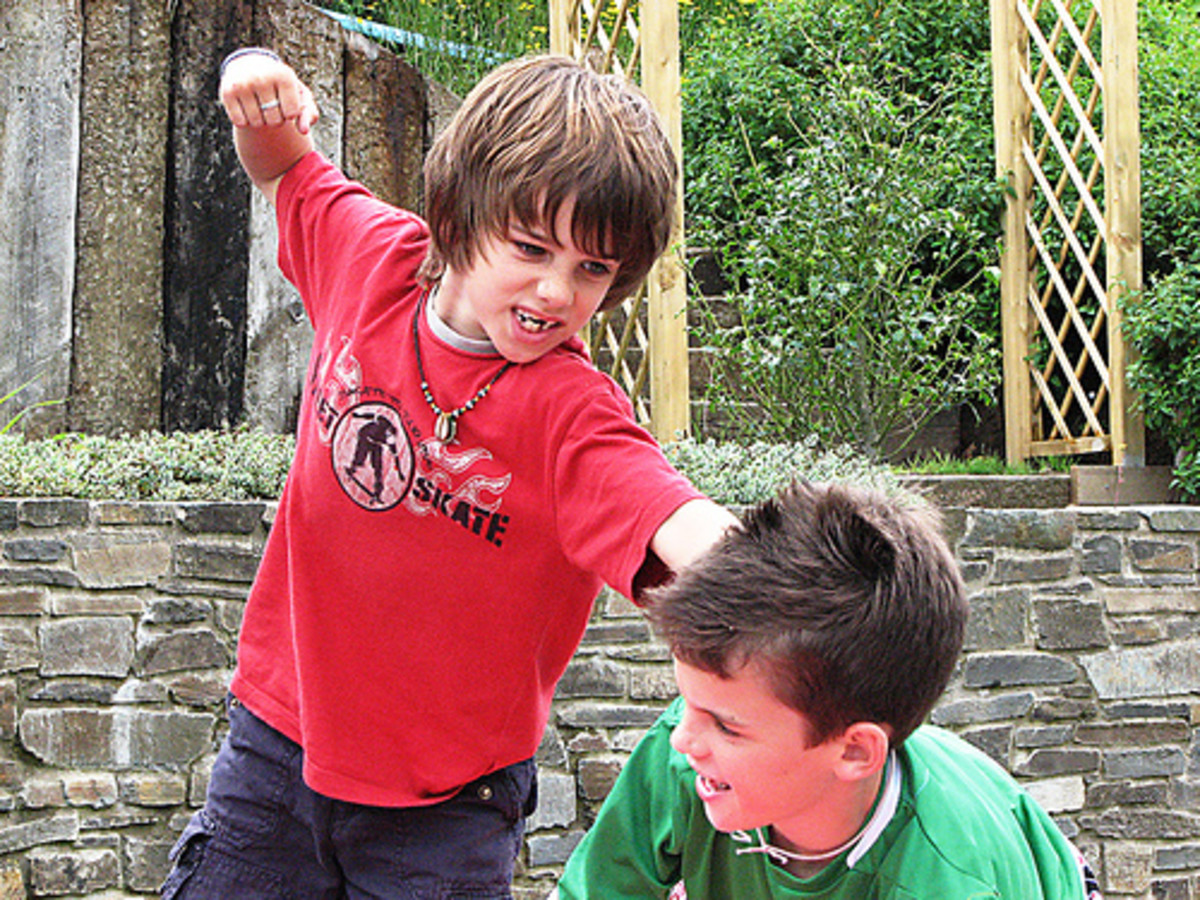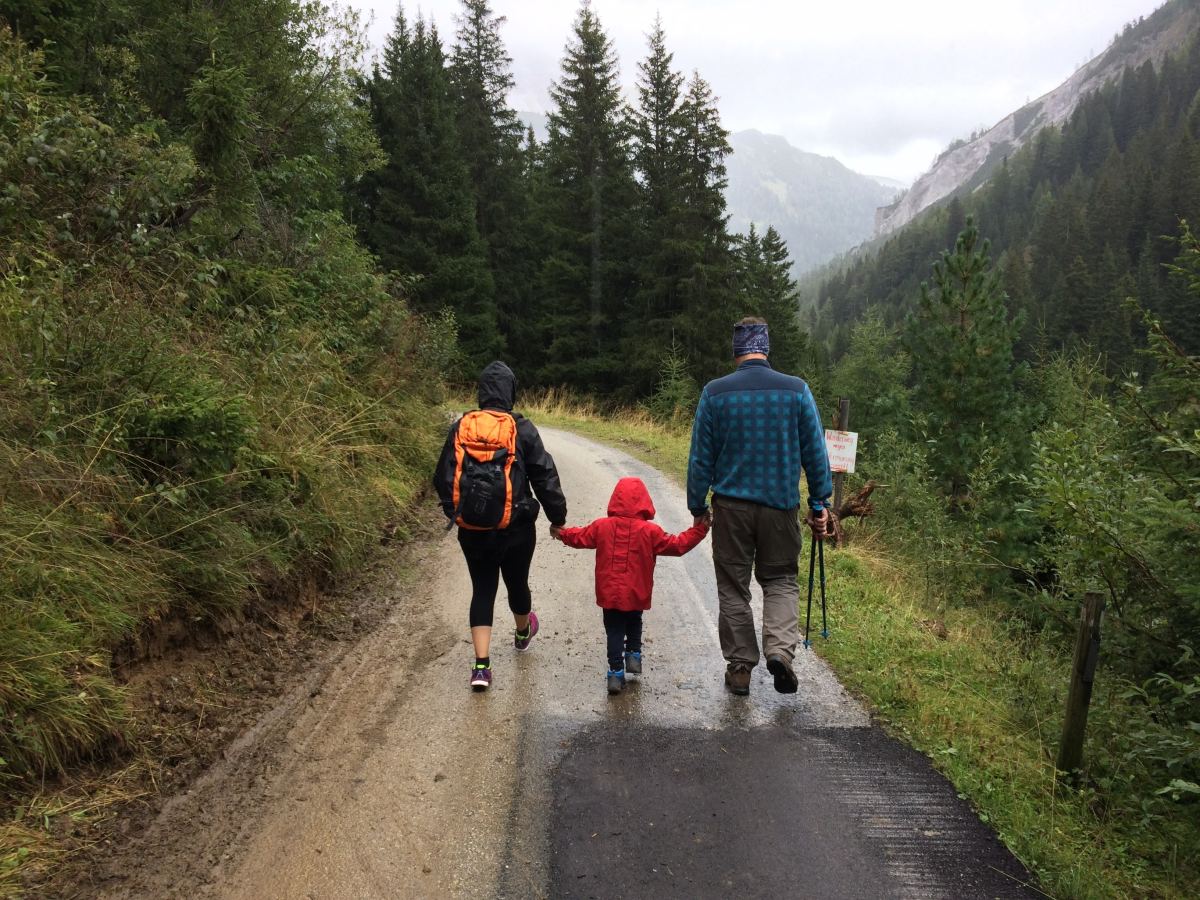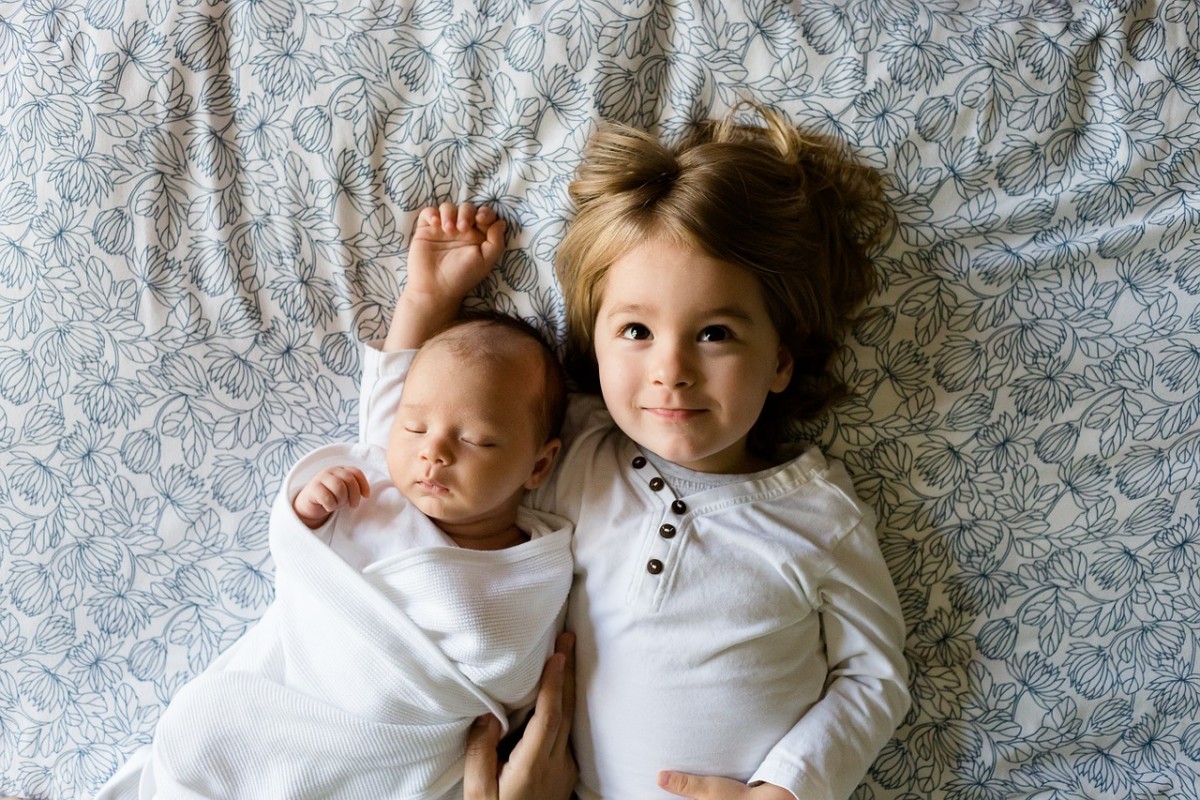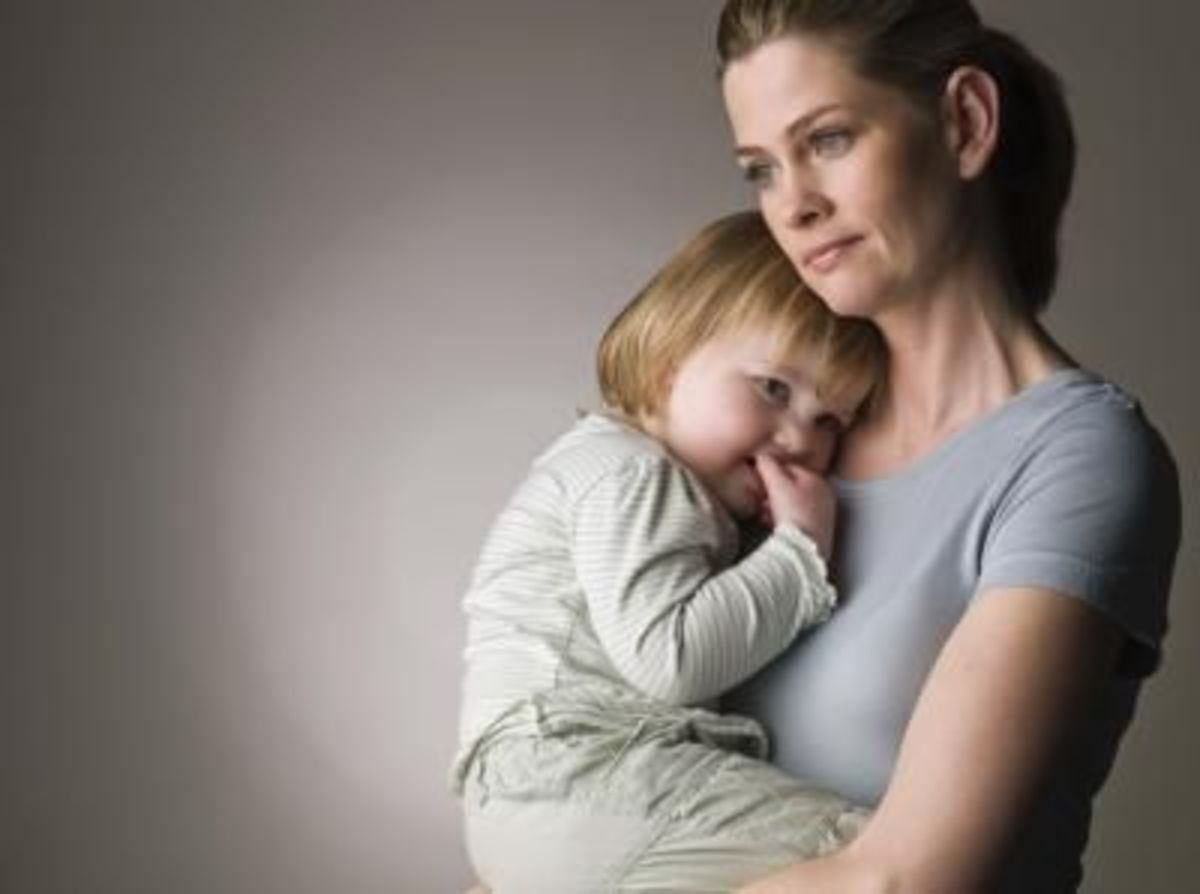How to Deal with Your Out-of-Control Foster Child
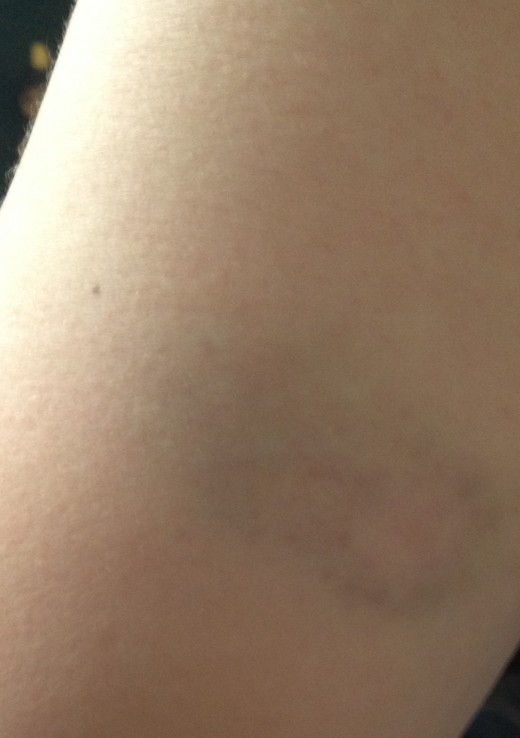
The Unexpected Placement
Is your foster child showing aggression by hitting, kicking, or even bruising you? The key to helping this child deal with his/her emotions is to try to understand what he/she has been through. Imagine you are going about your day, and there's a knock at your door. When the door is answered, a swarm of people come in, and take you away from your parents. You are screaming and crying, as your parents are doing the same, but it is not only your parents you are being taken from...while you are being taken to one care, your six sisters and brothers are being separated into other cars, but you are by yourself, with strangers. Now, imagine that you're six years old, and you are the second-oldest out of this group. This was the case of our child, but she wasn't taken directly from home; she was taken straight from school. From here, she was placed in a good foster home for ten months. She loved this foster home, but her behaviors were still out-of-control, so when this foster home called a caseworker for help because our child had darted in the front of a car, the caseworkers said that if they had to come out again, that had to be the end. Onto the next foster home she went; ripped from the lady to whom she had become attached over the past ten months...the only real mom she had known until that point, only to be placed with another home, where she was miserable. The hitting and kicking started, and the foster mom became ill, so our daughter was removed again, and placed with us...
The Challenge
We were not told the entire truth about our daughter's history, until she was already in our house. I'll be honest, some of the paperwork had me highly concerned. We were in for a very challenging year, with an already out-of-control child...while we were both working full-time. As her biological mom would cancel visit after visit, only to show up to one, make empty promises, and then cancel seven more, our daughter's aggression would start every day following a visit. It crushed me.
What Kept me Going
What made me ignore/deal with all of these behaviors was the knowledge that if I was feeling that emotionally damaged over dealing with her behaviors, our daughter had to be struggling 100 times more. Believe it or not, I came upon a YouTube video of an inspirational speaker, Derek Clark, who had grown up in foster care, and had an extreme profile of his own, and he gave me hope for our daughter. The more my daughter began telling me about her past, the more I wanted to cry, but I couldn't...for her sake, I needed to be strong, so she wouldn't be afraid to cry, and so she felt she had someone there for her. Also, the fact that I knew her anger was not truly directed at me, but rather toward her biological mother, but just redirected to me, I was able to not be as angry as others might have been. Don't get me wrong though, my emotions were destroyed for a year, as this caused so much stress within our family, but I couldn't be happier that we stuck it out, knowing what I know now...
The Beginning of her Change
Eventually, we put our daughter in dance class, on the day and time that she seemed to do the best (Saturday mornings), and she started making progress with many different issues (i.e. being watched, making friends, etc.), and then it finally happened...after many canceled visits, the judge finally terminated the visits with our daughter's biological parents. It was then that our daughter ran out of her classrooms for a period of one to two weeks (with staff having to chase her around the building), but that's when I quit my job to focus on her, and her emotions, and that's when she started making milestones, after milestones, after milestones. No more hitting or kicking. No more running out of classrooms. She had interest in being in more activities, and her physical appearance even became much healthier. Now, two and a half years later, there are people who talk to me, who don't realize that she is even the same child that they knew a few years ago (until and/or if I tell them). It's amazing.
Five Reasons you Shouldn't Give up on your Out-of-Control Foster Child
DON'T GIVE UP, UNLESS THEY ARE EXTREMELY DANGEROUS!
- Remember, your foster child's anger/aggression is not truly towards you. He/she is truly angry with the biological parent(s) and/or the system, or even previous foster parents who had given up on them.
- Imagine that everything this child has been through happened to you, even at your current age. I couldn't imagine someone telling me, right now, as an adult, that I could never see my siblings again, even though they are still living. Yet, these children are going through this emotional torture at very young age.
- Once your foster child realizes that you are doing your best to love, care, and KEEP him/her, he/she will begin trusting. We kept it real with our daughter, and were truthful with her when we weren't sure about the adoption, and that seemed to help because we weren't lying to her. We also allowed her to talk about her biological parents and siblings, after all, why shouldn't she be allowed to talk about the people she has lived with for the past six or seven years?
- Remember that your child may be suffering from the loss of more than one family. If he/she was attached to a previous family, that was their family too, and then they were removed again. In our daughter's case, she was ripped from her biological family, and two foster families, as well as all of her siblings; the siblings she did her best to protect at age six and younger. She should've been given an award.
- There is hope. Now, of course, there are exceptions if there are extremely dangerous children placed in your home (children who kill animals, or attempt to severely injure other children and/or pets in the house, etc.), but for those who are only showing aggression, there might be hope. My best advice is to consider how many hours of services are in your home; are there any hours in the day for this child to just be a kid? If not, I suggest decreasing service ours. In our case, we ended up getting rid of the services because just by these people walking through the door, it was triggering our daughter's PTSD of services in the biological home. I'm not saying that services are always a bad idea; you just have to decide what amount of services is best for your child. Additionally, I highly recommend putting your child in activities. Most likely, he/she will be too focused on the activity to be aggressive during that time. Activities help these kids learn the appropriate social skills, and what relationships are supposed to look like. They are also good physical exercise, and fun for most children.


